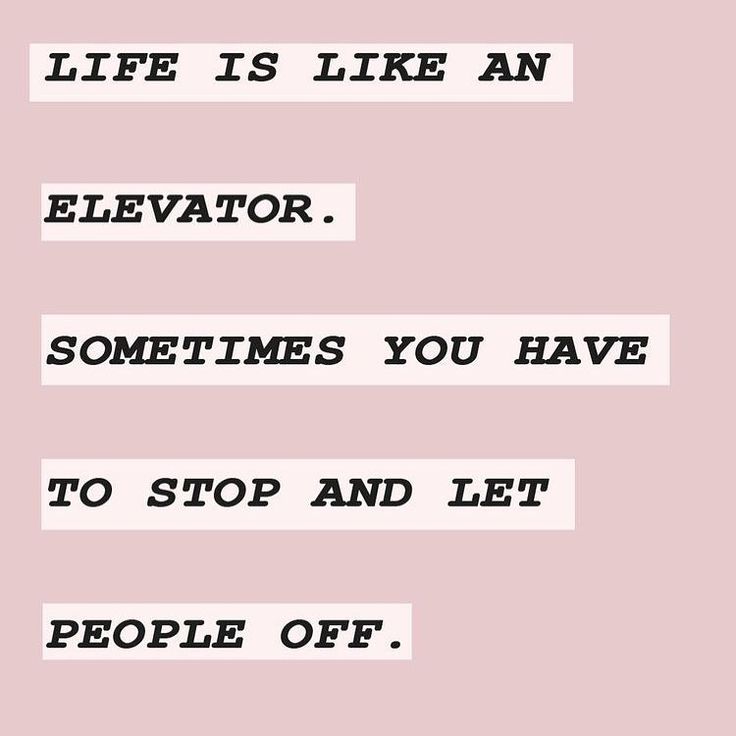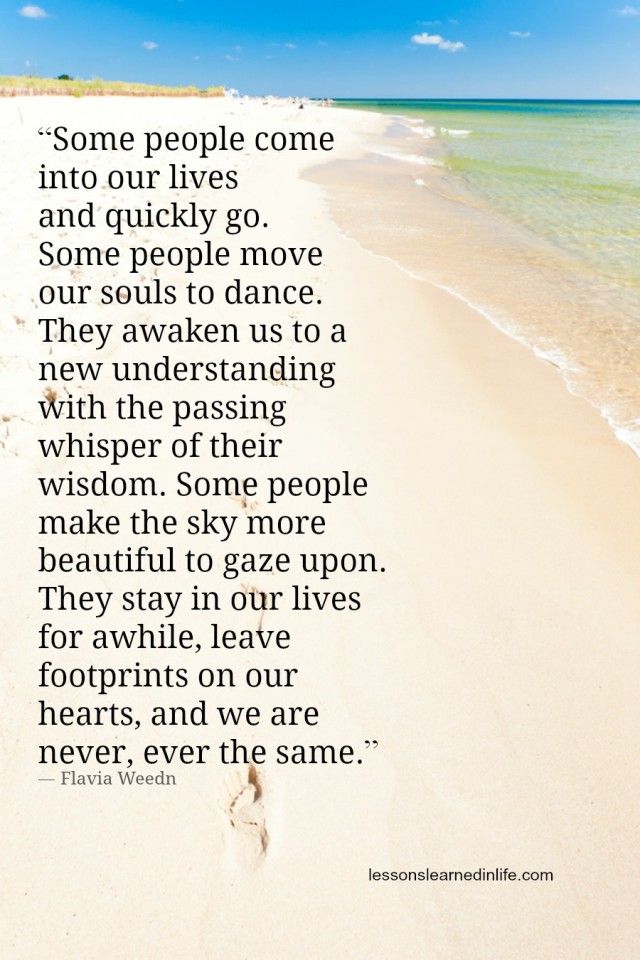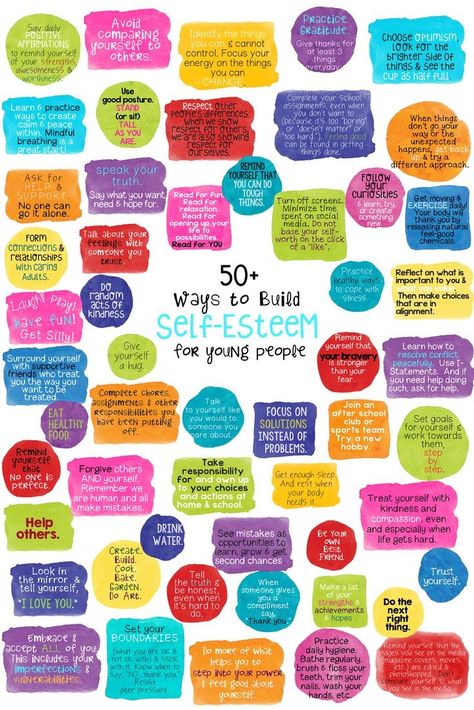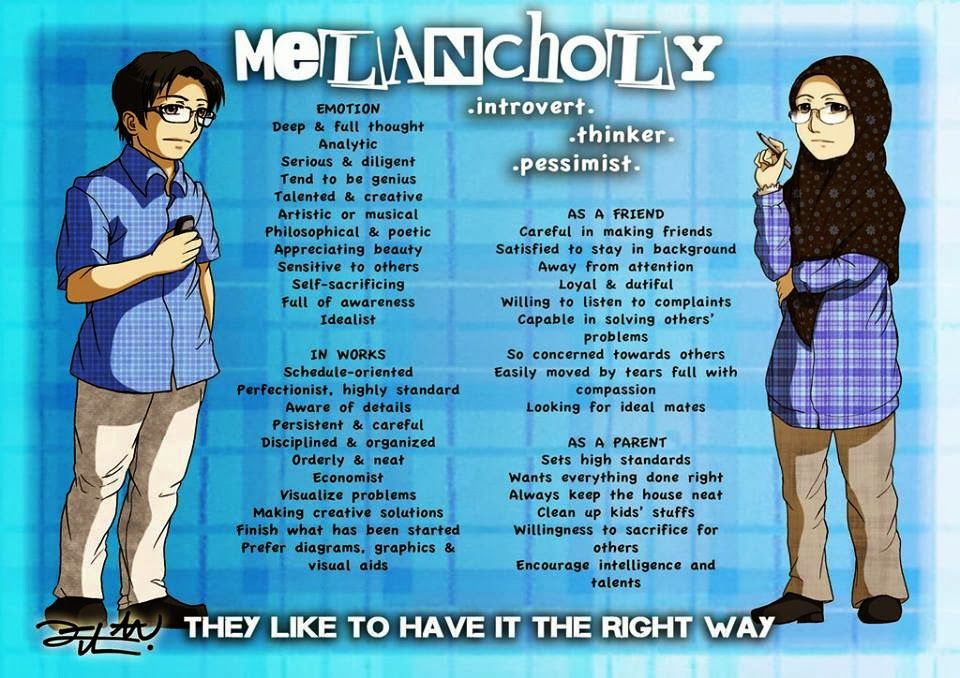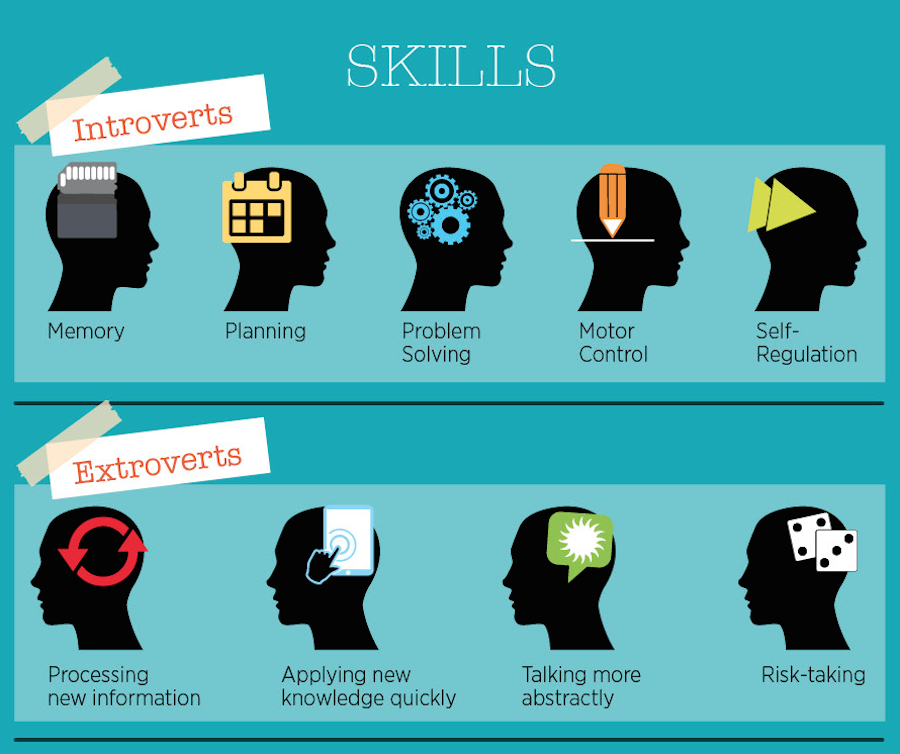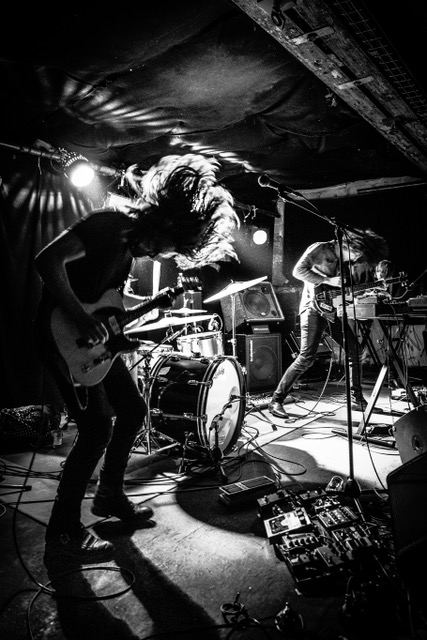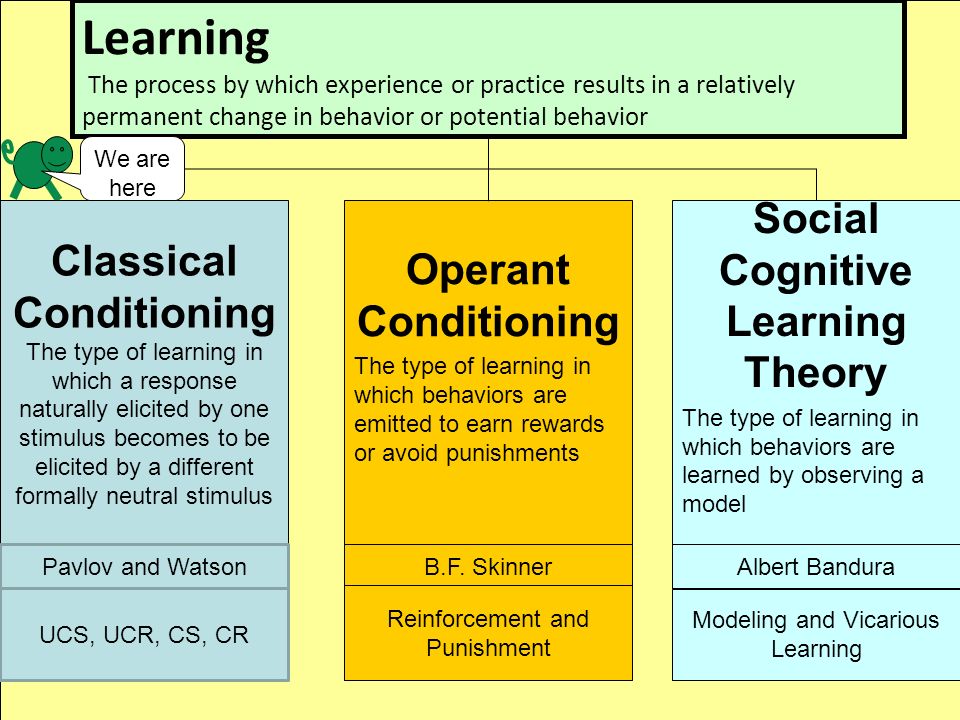Letting go of toxic
When Someone You Love is Toxic - How to Let Go, Without Guilt
If toxic people were an ingestible substance, they would come with a high-powered warning and secure packaging to prevent any chance of accidental contact. Sadly, families are not immune to the poisonous lashings of a toxic relationship.
Though families and relationships can feel impossibly tough at times, they were never meant to ruin. All relationships have their flaws and none of them come packaged with the permanent glow of sunlight and goodness and beautiful things. In any normal relationship there will be fights from time to time. Things will be said and done and forgiven, and occasionally rehashed at strategic moments. For the most part though, they will feel nurturing and life-giving to be in. At the very least, they won’t hurt.
Why do toxic people do toxic things?
Toxic people thrive on control. Not the loving, healthy control that tries to keep everyone safe and happy – buckle your seatbelt, be kind, wear sunscreen – but the type that keeps people small and diminished.
Everything they do is to keep people small and manageable. This will play out through criticism, judgement, oppression – whatever it takes to keep someone in their place. The more you try to step out of ‘your place’, the more a toxic person will call on toxic behaviour to bring you back and squash you into the tiny box they believe you belong in.
It is likely that toxic people learned their behaviour during their own childhood, either by being exposed to the toxic behaviour of others or by being overpraised without being taught the key quality of empathy. In any toxic relationship there will be other qualities missing too, such as respect, kindness and compassion, but at the heart of a toxic person’s behaviour is the lack of concern around their impact on others. They come with a critical failure to see past their own needs and wants.
Toxic people have a way of choosing open, kind people with beautiful, lavish hearts because these are the ones who will be more likely to fight for the relationship and less likely to abandon.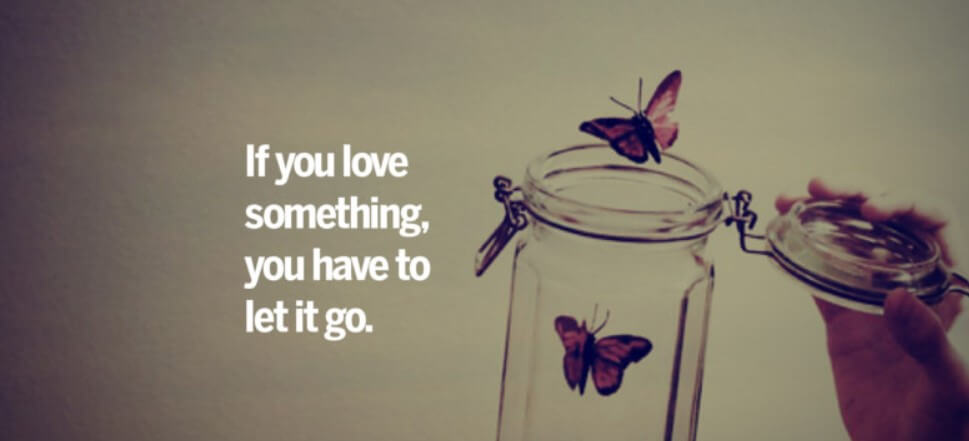
Even the strongest people can find themselves in a toxic relationship but the longer they stay, the more they are likely to evolve into someone who is a smaller, less confident, more wounded version of the person they used to be.
Non-toxic people who stay in a toxic relationship will never stop trying to make the relationship better, and toxic people know this. They count on it. Non-toxic people will strive to make the relationship work and when they do, the toxic person has exactly what he or she wants – control.
Toxic Families – A Special Kind of Toxic
Families are a witness to our lives – our best, our worst, our catastrophes, our frailties and flaws. All families come with lessons that we need to learn along the way to being a decent, thriving human. The lessons begin early and they don’t stop, but not everything a family teaches will come with an afterglow. Sometimes the lessons they teach are deeply painful ones that shudder against our core.
Rather than being lessons on how to love and safely open up to the world, the lessons some families teach are about closing down, staying small and burying needs – but for every disempowering lesson, there is one of empowerment, strength and growth that exists with it.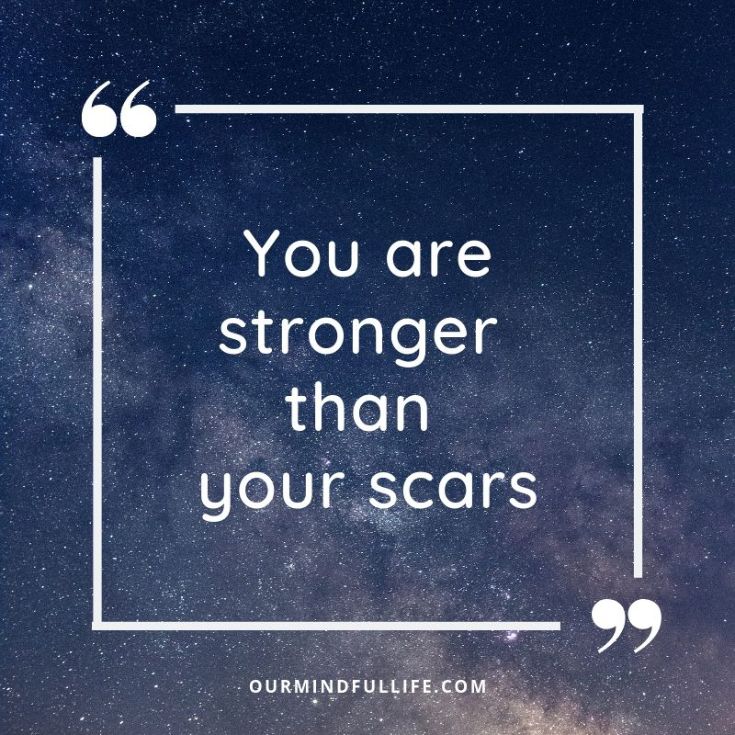 In toxic families, these are around how to walk away from the ones we love, how to let go with strength and love, and how to let go of guilt and any fantasy that things could ever be different. And here’s the rub – the pain of a toxic relationship won’t soften until the lesson has been learned.
In toxic families, these are around how to walk away from the ones we love, how to let go with strength and love, and how to let go of guilt and any fantasy that things could ever be different. And here’s the rub – the pain of a toxic relationship won’t soften until the lesson has been learned.
Love and loyalty don’t always exist together.
Love has a fierce way of keeping us tied to people who wound us. The problem with family is that we grow up in the fold, believing that the way they do things is the way the world works. We trust them, listen to them and absorb what they say. There would have been a time for all of us that regardless of how mind-blowingly destructive the messages from our family were, we would have received them all with a beautiful, wide-eyed innocence, grabbing every detail and letting them shape who we were growing up to be.
Our survival would have once depended on believing in everything they said and did, and resisting the need to challenge or question that we might deserve better. The things we believe when we are young are powerful. They fix themselves upon us and they stay, at least until we realise one day how wrong and small-hearted those messages have been.
The things we believe when we are young are powerful. They fix themselves upon us and they stay, at least until we realise one day how wrong and small-hearted those messages have been.
At some point, the environment changes – we grow up – but our beliefs don’t always change with it. We stop depending on our family for survival but we hang on to the belief that we have to stay connected and loyal, even though being with them hurts.
The obligation to love and stay loyal to a family member can be immense, but love and loyalty are two separate things and they don’t always belong together.
Loyalty can be a confusing, loaded term and is often the reason that people stay stuck in toxic relationships. What you need to know is this: When loyalty comes with a diminishing of the self, it’s not loyalty, it’s submission.
We stop having to answer to family when we become adults and capable of our own minds.
Why are toxic relationships so destructive?
In any healthy relationship, love is circular – when you give love, it comes back. When what comes back is scrappy, stingy intent under the guise of love, it will eventually leave you small and depleted, which falls wildly, terrifyingly short of where anyone is meant to be.
When what comes back is scrappy, stingy intent under the guise of love, it will eventually leave you small and depleted, which falls wildly, terrifyingly short of where anyone is meant to be.
Healthy people welcome the support and growth of the people they love, even if it means having to change a little to accommodate. When one person in a system changes, whether it’s a relationship of two or a family of many, it can be challenging. Even the strongest and most loving relationships can be touched by feelings of jealousy, inadequacy and insecurity at times in response to somebody’s growth or happiness. We are all vulnerable to feeling the very normal, messy emotions that come with being human.
The difference is that healthy families and relationships will work through the tough stuff. Unhealthy ones will blame, manipulate and lie – whatever they have to do to return things to the way they’ve always been, with the toxic person in control.
Why a Toxic Relationship Will never change.

Reasonable people, however strong and independently minded they are, can easily be drawn into thinking that if they could find the switch, do less, do more, manage it, tweak it, that the relationship will be okay. The cold truth is that if anything was going to be different it would have happened by now.
Toxic people can change, but it’s highly unlikely. What is certain is that nothing anyone else does can change them. It is likely there will be broken people, broken hearts and broken relationships around them – but the carnage will always be explained away as someone else’s fault. There will be no remorse, regret or insight. What is more likely is that any broken relationship will amplify their toxic behaviour.
Why are toxic people so hard to leave?
If you try to leave a toxic person, things might get worse before they get better – but they will always get better. Always.
Few things will ramp up feelings of insecurity or a need for control more than when someone questions familiar, old behaviour, or tries to break away from old, established patterns in a relationship.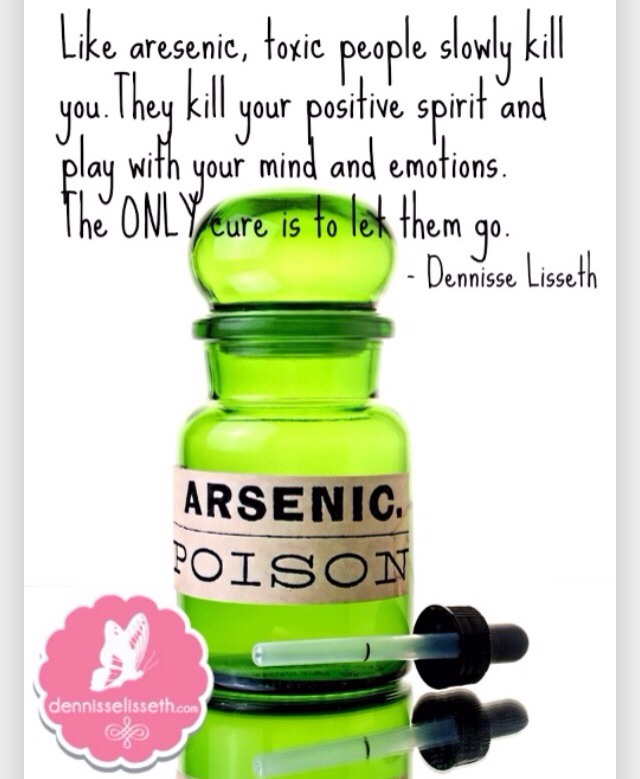 For a person whose signature moves involve manipulation, lies, criticism or any other toxic behaviour, when something feels as though it’s changing, they will use even more of their typical toxic behaviour to bring the relationship (or the person) back to a state that feels acceptable.
For a person whose signature moves involve manipulation, lies, criticism or any other toxic behaviour, when something feels as though it’s changing, they will use even more of their typical toxic behaviour to bring the relationship (or the person) back to a state that feels acceptable.
When things don’t seem to be working, people will always do more of what used to work, even if that behaviour is at the heart of the problem. It’s what we all do. If you are someone who is naturally open and giving, when things don’t feel right in a relationship you will likely give more of yourself, offer more support, be more loving, to get things back on track.
Breaking away from a toxic relationship can feel like tearing at barbed wire with bare hands. The more you do it, the more it hurts, so for a while, you stop tearing, until you realise that it’s not the tearing that hurts, it’s the barbed wire – the relationship – and whether you tear at it or not, it won’t stop cutting into you.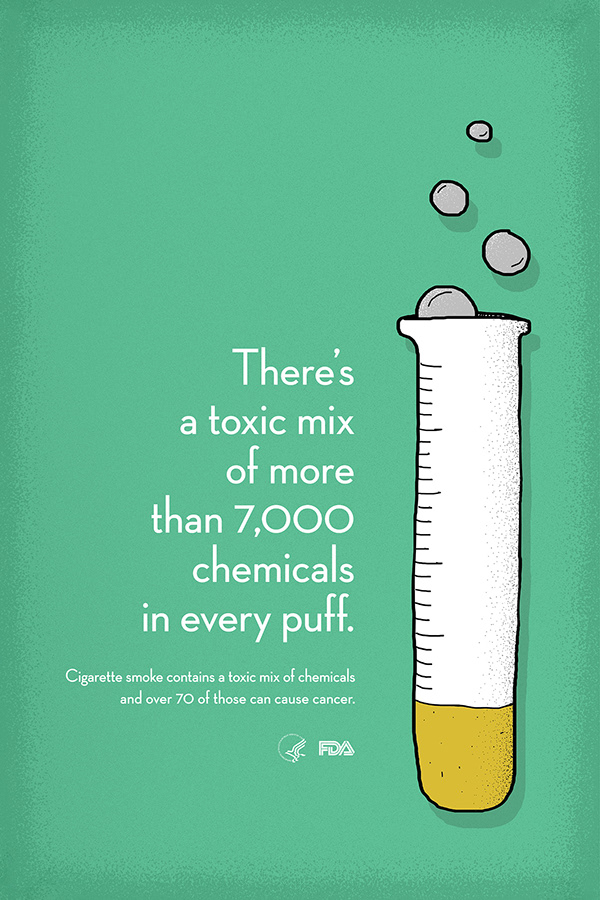
Think of it like this. Imagine that all relationships and families occupy a space. In healthy ones, the shape of that space will be fluid and open to change, with a lot of space for people to grow. People will move to accommodate the growth and flight of each other.
For a toxic family or a toxic relationship, that shape is rigid and unyielding. There is no flexibility, no bending, and no room for growth. Everyone has a clearly defined space and for some, that space will be small and heavily boxed. When one person starts to break out of the shape, the whole family feels their own individual sections change. The shape might wobble and things might feel vulnerable, weakened or scary. This is normal, but toxic people will do whatever it takes to restore the space to the way it was. Often, that will mean crumpling the ones who are changing so they fit their space again.
Sometimes out of a sense of love and terribly misplaced loyalty, people caught in a toxic relationship might sacrifice growth and change and step back into the rigid tiny space a toxic person manipulates them towards.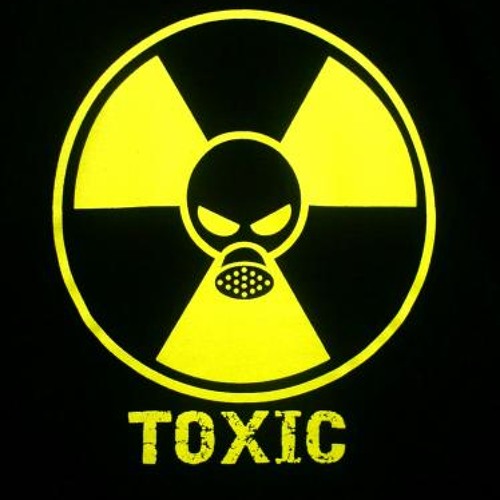 It will be clear when this has happened because of the soul-sucking grief at being back there in the mess with people (or person) who feel so bad to be with.
It will be clear when this has happened because of the soul-sucking grief at being back there in the mess with people (or person) who feel so bad to be with.
But they do it because they love me. They said so.
Sometimes toxic people will hide behind the defence that they are doing what they do because they love you, or that what they do is ‘no big deal’ and that you’re the one causing the trouble because you’re just too sensitive, too serious, too – weak, stupid, useless, needy, insecure, jealous – too ‘whatever’ to get it. You will have heard the word plenty of times before.
The only truth you need to know is this: If it hurts, it’s hurtful. Fullstop.
Love never holds people back from growing. It doesn’t diminish, and it doesn’t contaminate. If someone loves you, it feels like love. It feels supportive and nurturing and life-giving. If it doesn’t do this, it’s not love. It’s self-serving crap designed to keep you tethered and bound to someone else’s idea of how you should be.
There is no such thing as a perfect relationship, but a healthy one is a tolerant, loving, accepting, responsive one.
The one truth that matters.
If it feels like growth or something that will nourish you, follow that. It might mean walking away from people you care about – parents, sisters, brothers, friends – but this can be done with love and the door left open for when they are able to meet you closer to your terms – ones that don’t break you.
Set the boundaries with grace and love and leave it to the toxic person to decide which side of that boundary they want to stand on. Boundaries aren’t about spite or manipulation and they don’t have to be about ending the relationship. They are something drawn in strength and courage to let people see with great clarity where the doorway is to you. If the relationship ends, it’s not because of your lack of love or loyalty, but because the toxic person chose not to treat you in the way you deserve. Their choice.
Though it is up to you to decide the conditions on which you will let someone close to you, whether or not somebody wants to be close to you enough to respect those conditions is up to them.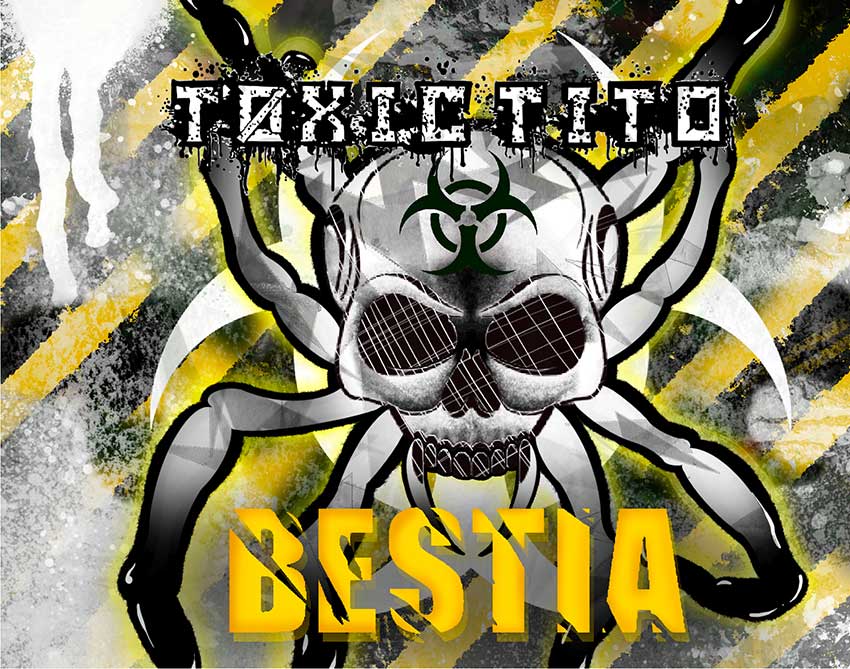 The choice to trample over what you need means they are choosing not to be with you. It doesn’t mean you are excluding them from your life.
The choice to trample over what you need means they are choosing not to be with you. It doesn’t mean you are excluding them from your life.
Toxic people also have their conditions of relationship and though they might not be explicit, they are likely to include an expectation that you will tolerate ridicule, judgement, criticism, oppression, lying, manipulation – whatever they do. No relationship is worth that and it is always okay to say ‘no’ to anything that diminishes you.
The world and those who genuinely love you want you to be as whole as you can be. Sometimes choosing health and wholeness means stepping bravely away from that which would see your spirit broken and malnourished.
When you were young and vulnerable and dependent for survival on the adults in your life, you had no say in the conditions on which you let people close to you. But your life isn’t like that now. You get to say. You get to choose the terms of your relationships and the people you get close to.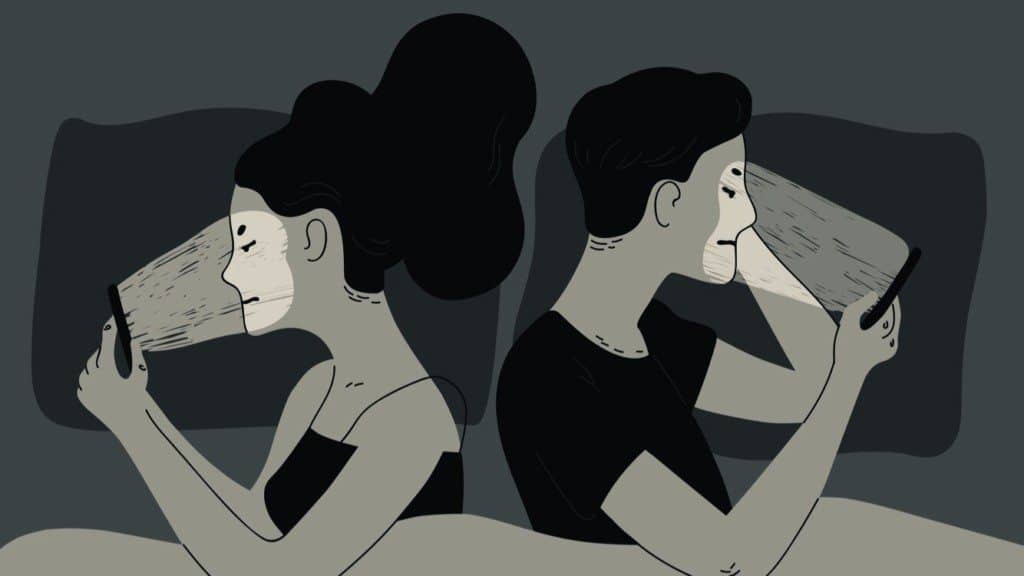
There is absolutely no obligation to choose people who are toxic just because they are family. If they are toxic, the simple truth is that they have not chosen you. The version of you that they have chosen is the one that is less than the person you would be without them.
The growth.
Walking away from a toxic relationship isn’t easy, but it is always brave and always strong. It is always okay. And it is always – always – worth it. This is the learning and the growth that is hidden in the toxic mess.
Letting go will likely come with guilt, anger and grief for the family or person you thought you had. They might fight harder for you to stay. They will probably be crueller, more manipulative and more toxic than ever. They will do what they’ve always done because it has always worked. Keep moving forward and let every hurtful, small-hearted thing they say or do fuel your step.
You can’t pretend toxic behaviour away or love it away or eat it, drink it, smoke it, depress it or gamble it away. You can’t avoid the impact by being smaller, by crouching or bending or flexing around it. But you can walk away from it – so far away that the most guided toxic fuelled missile that’s thrown at you won’t find you.
You can’t avoid the impact by being smaller, by crouching or bending or flexing around it. But you can walk away from it – so far away that the most guided toxic fuelled missile that’s thrown at you won’t find you.
One day they might catch up to you – not catch you, catch up to you – with their growth and their healing but until then, choose your own health and happiness over their need to control you.
You can love people, let go of them and keep the door open on your terms, for whenever they are ready to treat you with love, respect and kindness. This is one of the hardest lessons but one of the most life-giving and courageous ones.
Sometimes there are not two sides. There is only one. Toxic people will have you believing that the one truthful side is theirs. It’s not. It never was. Don’t believe their highly diseased, stingy version of love. It’s been drawing your breath, suffocating you and it will slowly kill you if you let it, and the way you ‘let it’ is by standing still while it spirals around you, takes aim and shoots.
If you want to stay, that’s completely okay, but see their toxic behaviour for what it is – a desperate attempt to keep you little and controlled. Be bigger, stronger, braver than anything that would lessen you. Be authentic and real and give yourself whatever you need to let that be. Be her. Be him. Be whoever you can be if the small minds and tiny hearts of others couldn’t stop you.
[irp posts=”1602″ name=”When It’s Not You, It’s Them: The Toxic People That Ruin Friendships, Families, Relationships”]
How to Let Go of a Toxic Relationship?
Relationships
By: Gehna Singh
Share
pikisuperstar from freepik.com
Relationships
By: Gehna Singh
This article is featured on:
- Toxic relationship : How to Get Out of It
Toxic relationships can drain your self-esteem and your energy, and isolate you from your loved ones. Perhaps you have encountered a toxic coworker or family member, or have been involved in a toxic romantic relationship.
Perhaps you have encountered a toxic coworker or family member, or have been involved in a toxic romantic relationship.
No matter what, toxic relationships are harmful for both your mental and physical health, so it's important to recognize when you are involved in one and get help accordingly.
What is a toxic relationship?
A toxic relationship is one that makes you feel consistently bad about yourself. You may find yourself fending off subtle jabs or downright insults, dealing with unreliability or perhaps even deceit. A toxic relationship leaves you feeling anxious, unrewarded and unaccepted.
We asked Dr. Jorhdin Banner, a Toronto-based psychotherapist, for her take. "In a toxic relationship, you either end up doubting yourself or having paranoid-type thoughts about your actions and their impact," says Banner. And toxic relationships are a lot more common than you might realize.
"Unfortunately there aren't as many people who are in healthy relationships as you may think," says Banner.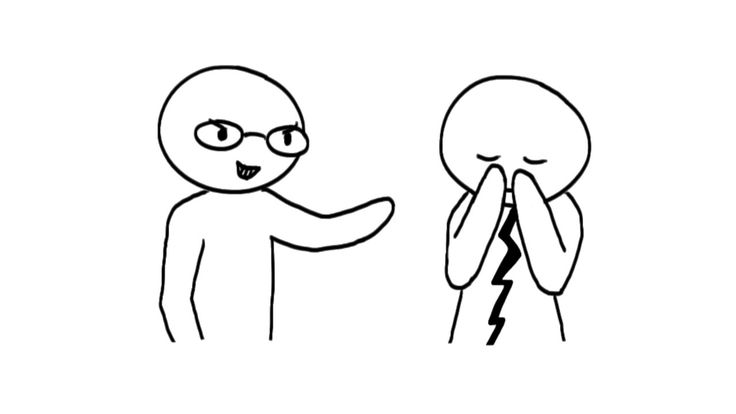 There are some clear signs that you are involved in a toxic relationship and, fortunately, there are steps you can take to withdraw yourself from the negative situation.
There are some clear signs that you are involved in a toxic relationship and, fortunately, there are steps you can take to withdraw yourself from the negative situation.
1. Don't ignore a gut feeling
We often know something is wrong far earlier then we care to admit. Perhaps an anniversary is forgotten, a friend has been dishonest with you, or your partner calls you names. "Our body will react to this," says Banner. "It's the most amazing tool we have and yet sometimes we choose to ignore it."
Start paying attention to your reactions, says Banner. How does your body react in any given moment? Are you fearful? Do you recoil? That's your body giving you some important information. "We generally like a quick and easy solution," says Banner, so we tend to sweep things under the rug when things get difficult.
2. Don't let your past cloud your judgment
All of us have our own individual filters, says Banner. "As children, we look to our parents as models of relationships.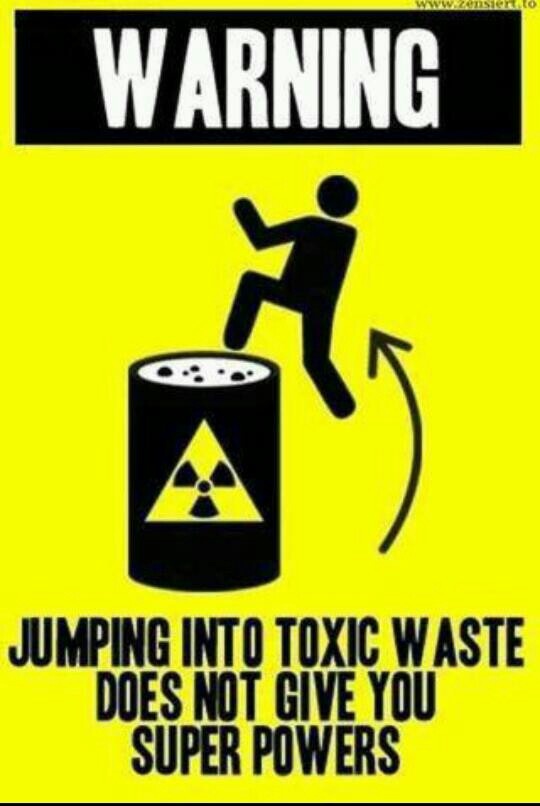 And those relationships are also influenced by cultures and personal history," says Banner. And they impact how we act in our relationships today and what we interpret as being "healthy" or "unhealthy."
And those relationships are also influenced by cultures and personal history," says Banner. And they impact how we act in our relationships today and what we interpret as being "healthy" or "unhealthy."
For example, if you grew up in an environment where one parent constantly belittled the other, and you find yourself in a similar situation, it may not raise as big of a red flag for you as it should. The challenge becomes filtering all of your past influences to recognize the difference between gut feelings and simply interpreting events based on fear or past experiences, says Banner.
3. Don't place blame on yourself
Be cautious of selling yourself short. The aggressors in a toxic relationship will often play on your fears and weaknesses -- it's a way to manipulate or control the problem.
"We often place the blame on ourselves and tell ourselves all sorts of negative things such as ‘I'm not relationship material' or ‘I'm never going to find anyone else,'" says Banner. By doing so, we end up settling or staying in a relationship that is unhealthy because we are fearful of what life will be like without it.
By doing so, we end up settling or staying in a relationship that is unhealthy because we are fearful of what life will be like without it.
4. Remove yourself from the relationship
As hard as it may be, Banner says making the decision to remove yourself from a toxic relationship is imperative. Since this can be daunting, you need to take small baby steps -- and don't be afraid to ask for help from a professional or close, trusted friend or family member.
"Decide what steps you need to take, and move an inch at a time," says Banner. Small steps are easier to manage and you're better able to build on the success of each incremental step along the way.
Once you've managed to remove yourself from a toxic relationship, that's only half the battle, says Banner. What follows is a reshaping and rebuilding of your self-esteem from the inside out to ensure you don't find yourself in a similar toxic situation in the future.
You need to learn how to set boundaries so that manipulative or aggressive people do not take advantage of you. Additionally, you should shift your focus to spending more quality time with family, friends and coworkers who respect you and who will support your decision to depart from that unhealthy situation.
Additionally, you should shift your focus to spending more quality time with family, friends and coworkers who respect you and who will support your decision to depart from that unhealthy situation.
Tags
- relationships
How to get rid of "toxic" people
November 17, 2015 Life
When you try to become better, change your life, achieve something new, there will definitely be ill-wishers. But the worst thing is that they can be found among the closest people - relatives, friends, colleagues. How to understand that someone is manipulating you and pulling you back? And is it necessary to delete such a person from your life?
Share
0 You may have heard the well-known scientific anecdote about a frog: if you throw it into boiling water, the frog will realize the danger and jump out of the pot. If you heat the water gradually, then the frog will not jump out and will boil. The message is clear: in everyone's life there will always be people who interfere, portend troubles and harm when you are trying to become better, but do it so carefully that you can not notice the danger.
Such people - let's call them "toxic" or people who poison life - can slow down your progress for a variety of reasons. Perhaps they think that you will not last long in their life if you succeed. Perhaps they feel that their shortcomings will be more visible against your background. Or maybe they just don't accept the possibility of change.
But the root causes matter far less than the immediate effect they have on you. Their anger, resentment, manipulation or cruelty undermine your strength. At any moment you may find yourself surrounded by poisonous friends, relatives, colleagues who, consciously or unconsciously, interfere with your happiness and personal growth. To feel good, achieve success and happiness, it is important to identify such people in your environment and learn how to manage the emotions that they cause in you.
So let's discuss how to recognize toxic people and how to navigate the complex process of getting rid of such people. Your future depends on it.
How to know that a person is poisoning your life
There are people who are always pulling you back - annoying, quarrelsome, constantly demanding something or simply repelling. But such people cannot be called poisoners in the strict sense of the word. They are just nasty people. You want to keep a small distance from such people, but there is no urgent need to cut them out of your life.
There is a great variety of people who poison life. On the one hand, your old school friend, who keeps talking about how little time you spend together now. On the other hand, an ex-girlfriend who can still manipulate you, leading to fits of anger. Your friend may just be annoying, but your ex is most likely poisoning your life.
Of course, you will have to decide when to just keep your distance and when to cut the person out of your life. The stock of patience for your sister is probably much more than for a colleague, but sisters and colleagues are different.
Now let's talk about real ill-wishers - those who infect, control your life. Here are a few classic signs of people who poison life.
- They are trying to control you. It may sound strange, but people who cannot control their own lives often seek to control yours. Their poisonous influence manifests itself in their attempts to control others both openly and covertly, through subtle manipulation.
- They don't respect your personal boundaries. If you keep telling someone not to do a certain thing to you and they keep doing it anyway, that person is probably poisoning your life. Respect for the boundaries of others is natural for a well-mannered adult. And the people who make your life miserable profit by violating boundaries.
- They take but give nothing. The ability to take and give is the key to true friendship.
Sometimes you need a helping hand, sometimes your friend needs it, but you give and take equally. But not with people who poison your life - they will take everything they can from you, and for as long as you last.
- They are always right. They will always find a way to stay right even when they are wrong. They are unusually rare to admit that they messed up, made a mistake or put it wrong.
- They are insincere. This is not about a tendency to exaggerate, save face or other varieties of "white" lies. This is a clear and constantly repeated dishonest behavior.
- They love being the victim. People who poison your life take pleasure in acting as a victim against whom the whole world is against. They are looking for a reason to be offended, offended, ignored, although they don’t really feel anything like that. They like to make excuses, give seemingly reasonable explanations, or completely deny their guilt in what happened.
- They take no responsibility. Part of the victim's behavior is due to a desire to avoid responsibility. “Things are just the way they are”, “We are not like that, life is like this” - phrases illustrating the attitude of poisoners to life.
Doesn't remind you of anyone? People who poison your life can go unnoticed for years. Until you stop to reflect on your experience with them.
Now let's talk about how to get rid of such people.
Why is it so important to get rid of the people who poison your life
It is very rare when ill-wishers completely impede all your attempts to change for the better, but it happens. Basically, they hinder your progress.
Most importantly, do you want a person in your life who actively prevents you from making your life better?
The answer is, of course, no. It may be hard for you to accept this, but only until you realize the impact his company has on you.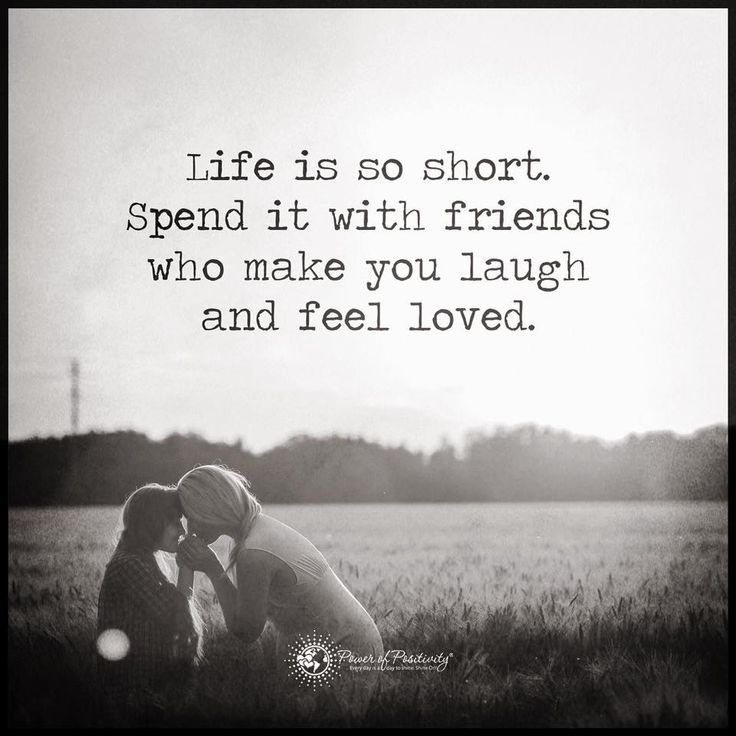
Under the influence of a person who poisons your life, you may reconsider an important decision. You may feel sad, uncomfortable, downright ashamed of your progress. You can even adopt not the best qualities of poisoners, for example, begin to envy someone else's happiness. Because all poisonous people have a common feature: they want you to become like them.
More often than not, we simply don't realize that someone's behavior is poisoning our lives. If you have such a boss, then you understand how it works: his behavior makes you irritable and embittered, you break down on your subordinates, then the employees begin to conflict with each other more and more, and then transfer this irritation to family and friends. And before you know it, the poison has already spread.
How to get rid of people who really poison life
- Accept the fact that goodbye can be long. Purification of toxic elements is not always easy.
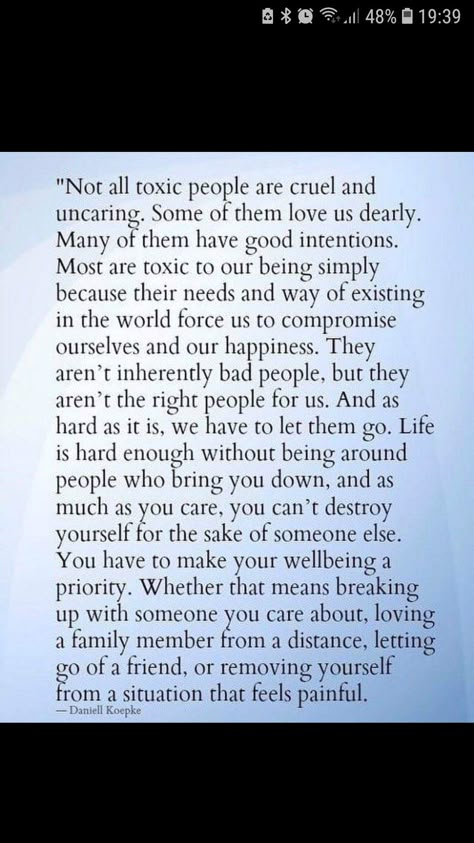 If a person did not respect your personal boundaries before, he will not respect them now. He may return even after you tell him to get out. You may have to say this several times before he finally leaves for good.
If a person did not respect your personal boundaries before, he will not respect them now. He may return even after you tell him to get out. You may have to say this several times before he finally leaves for good. - Don't feel like you have to explain anything. You give any explanation to yourself. Tell how you feel, but in a way that it is clear that this is not the subject of discussion. You can do it even easier: gently and calmly tell the person that you no longer want to see him in your life. How much or how little explanation is needed is up to you. Different relationships require a different approach.
- Speak in a public place. It is not surprising that people who poison your life can be conflicting or even cruel. Public speaking can significantly reduce the possibility of conflict. And if something goes wrong, you can get up and leave.
- Block these people on social media. Technology makes it harder to distance yourself, so don't leave an open window through which detractors can terrorize or coax you.
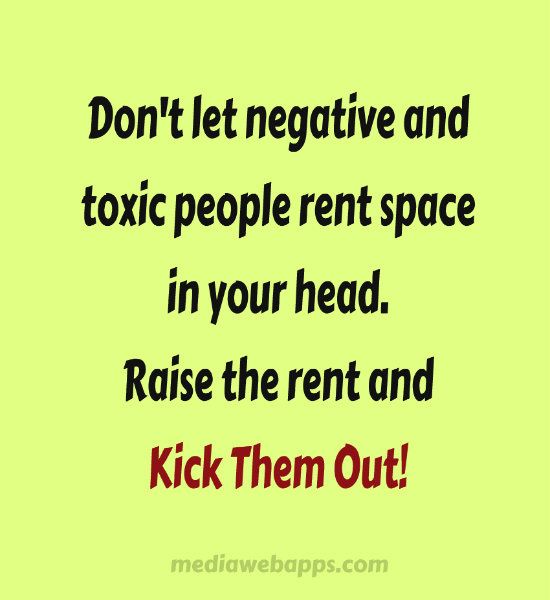 You have set your boundaries. Stick to them. This includes preventive measures, such as limiting contacts on social networks.
You have set your boundaries. Stick to them. This includes preventive measures, such as limiting contacts on social networks. - Don't argue, just approve new boundaries. It may be tempting to plunge into disputes and conflicts with people who poison your life, but this is exactly what they seek. If they try to come back, avoid discussions. Define your boundaries strongly, and then end the conversation. You are not trying to convince the person to leave you alone. These are not negotiations. So, as the saying goes, don't feed the troll.
- Consider maintaining a distance instead of a complete break. Remember, we talked about a person who can hardly be called poisoning life, but nevertheless he is unpleasant to you? These people don't need to be cut out of your life completely. You just need to keep your distance, dividing the time for communication with them and for your personal affairs.
It is not always necessary to do all of the above.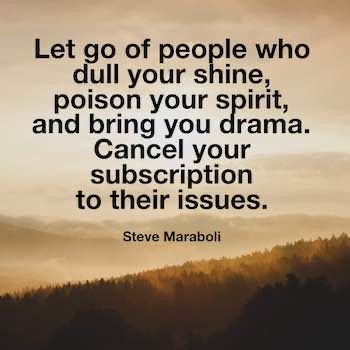 It all depends on the specific situation. Sometimes it’s enough just to make a decision and increase the distance, especially when it comes to friends and colleagues, this does not require a serious conversation. Remember that you don't have to explain anything to anyone. You can simply slowly and imperceptibly disappear from a person's life in order to stop feeling his toxic effects. Relationships with people like a fire: stop giving him food, and he will go out by itself.
It all depends on the specific situation. Sometimes it’s enough just to make a decision and increase the distance, especially when it comes to friends and colleagues, this does not require a serious conversation. Remember that you don't have to explain anything to anyone. You can simply slowly and imperceptibly disappear from a person's life in order to stop feeling his toxic effects. Relationships with people like a fire: stop giving him food, and he will go out by itself.
But there is one scenario where you have to act differently. It's about relationships with blood relatives.
What to do if the person who poisons your life is a member of your family
There are no simple recipes and standard answers that will suit everyone and everyone.
Breaking up with a relative who is poisoning your life can be the most important break in your life. The family directly influences your thoughts, behavior, choices. But relatives are not your owners simply by virtue of blood ties.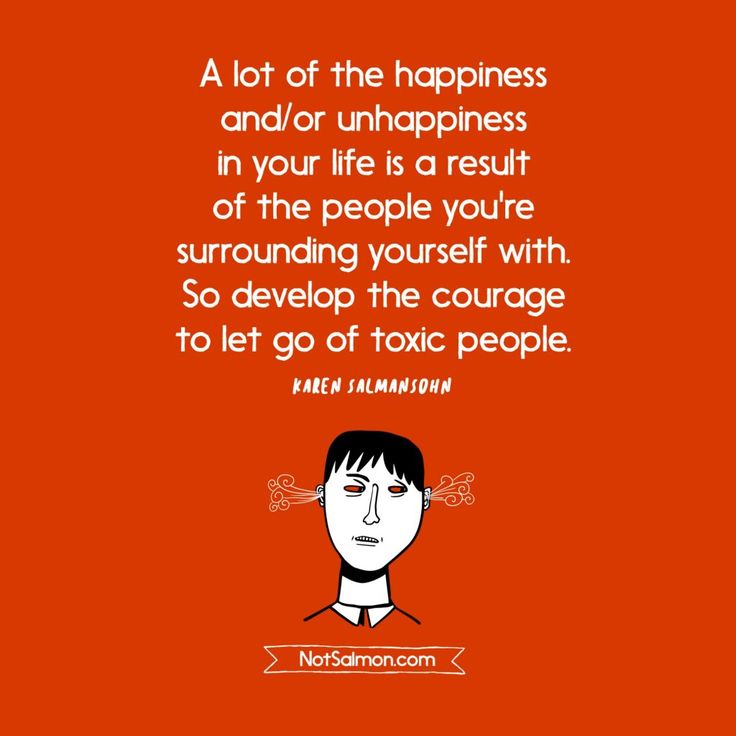 Kinship is not a license to ruin your life. Remember this.
Kinship is not a license to ruin your life. Remember this.
This is why increasing the distance between the person who is poisoning your life and you is the best solution, whether it be physical or emotional distance.
But in the case of relatives, you will have to make some concessions. You can distance yourself emotionally, but you must be aware that you will still have to interact with this person (for example, meet at holiday dinners or take care of your parents together). In order to keep your distance, you will have to learn to separate the practical activity and the emotional component - you will agree to take part in this person's life when it is really necessary, but do not let him negatively influence you.
It is especially important for family members to make informed decisions. So ask yourself: what kind of return do you get from your family members? How are the holidays going? Can you actually completely cut off all ties with a relative who is poisoning your life? You can answer these questions and decide that you need to end the relationship permanently.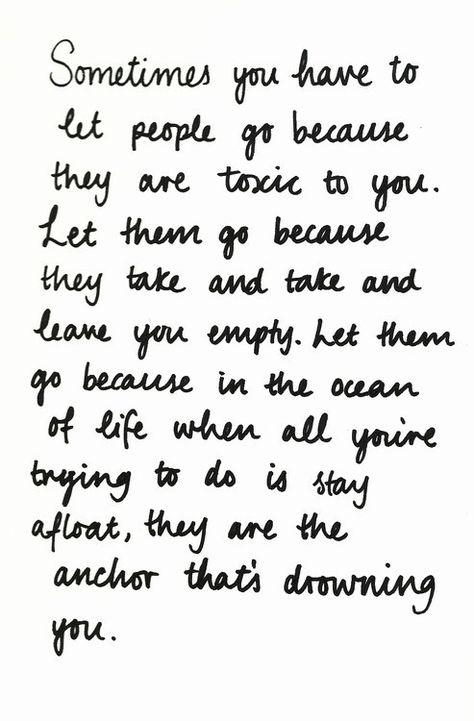 Or you can adjust your behavior according to the situation. The main thing is to take the time to think about what is happening and the possible consequences of a wrong decision.
Or you can adjust your behavior according to the situation. The main thing is to take the time to think about what is happening and the possible consequences of a wrong decision.
It is not easy to cut a family member out of your life. But it may turn out to be the most important liberating decision you will ever make.
What is the most important thing in getting rid of people who poison your life? This is a message to myself. You say to yourself, "I have value." You put your happiness above other people's problems. And once you realize how some people can destroy your sense of self-worth, it will become more difficult for them to penetrate your life.
Best offers
Basics and more: 16 warm hoodies with a discount
Black Friday and other promotions: when and where you can buy the necessary goods at a bargain price
Profitable: Columbia winter jacket with a 24% discount
AliExpress finds: the most interesting and useful goods
Useful things for the kitchen: 10 items with a discount in honor of "Black Friday"
What to give mom for the New Year
Price of the day: Xiaomi 11T Pro for only 25,443 rubles
Best deals of the week: discounts from AliExpress, re :Store, Urban Vibes and other 9 stores0003
Psychologist told how to protect yourself from toxic people
iStock
Surrounded by residents of a big city, there is almost always a pessimist, always offended, quick-tempered person, there are always scandals and squabbles around him, if after communicating with him there is a feeling of devastation, then here he is - a toxic person.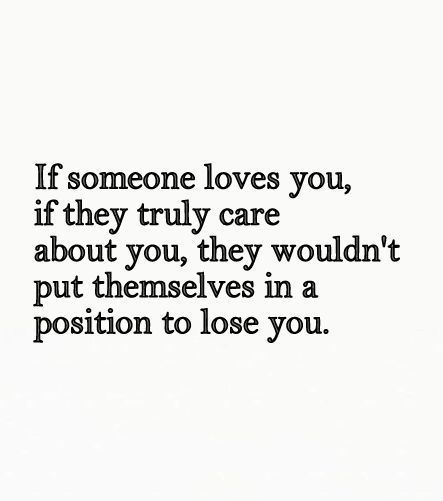 The first thought is that it is worth limiting communication with such people, but what if they are close people, colleagues or relatives?
The first thought is that it is worth limiting communication with such people, but what if they are close people, colleagues or relatives?
It is important to keep an emotional distance, says Lyudmila Tkachenko, a psychologist at the Kutuzovsky family center. "It's important to keep your emotions under control, and sometimes it's better to choose a neutral line of behavior, like nodding and agreeing," she says. "For example, if you comfort your upset friend, don't let her make it a daily tradition, otherwise you experiences that affect your emotional state." It is necessary to keep a distance, building a constructive dialogue, not absorbing negative information, only in this way it is possible to develop an internal filter from other people's bad emotions and problems.
"A good way to neutralize a toxic interlocutor is to ask him the question: "How and when are you going to solve your problem?" He will either change the topic or shut up, because he is going to complain, not solve the problem.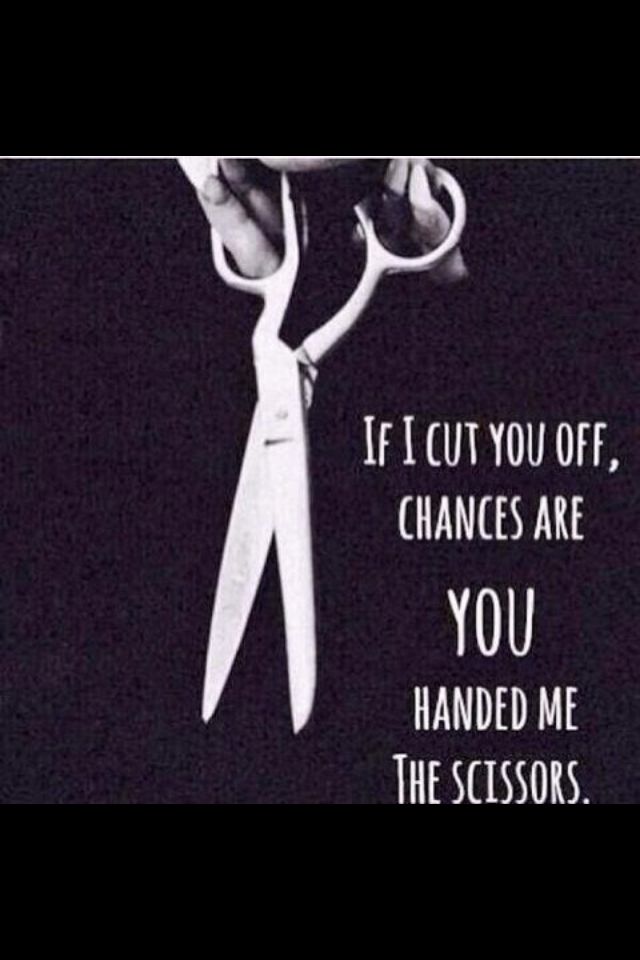 Remember that only finding a solution is constructive , not experiences," adds Tkachenko.
Remember that only finding a solution is constructive , not experiences," adds Tkachenko.
It is equally important to reduce contact with toxic people. For example, if there is a negative colleague at work, then communication with him can be reduced to solving work issues. If we are not talking about workmates, you can put calls and notifications from toxic subscribers to silent mode. “Toxic people need a response, and if they don’t get it, they switch to the next “victim.” Alternatively, for some people, you can become a very boring, unmotivated interlocutor who cannot be pissed off,” Tkachenko notes.
Also, when communicating with toxic people, you can openly say what exactly does not suit you, in this case, either the person will begin to change his behavior for the better, or he will stop communicating with you. The psychologist advises to develop the ability to stand up for yourself and your boundaries. “All toxic people are manipulators. They need to be made clear that you can stand up for yourself and are not going to be manipulated by him.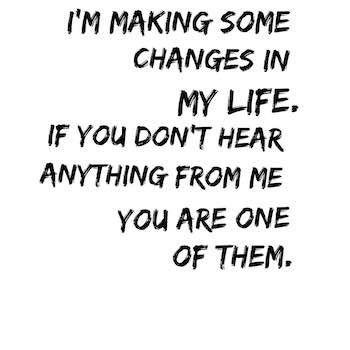 A good way is to set time limits in communication. For example, if your girlfriend is a toxic person, set a time limit for communication, explaining his affairs that cannot be postponed.If communication with her cannot be completely limited, suggest that she turn to a psychologist with her problem.If a colleague violates boundaries, provokes conflicts and "puts spokes in the wheels", it is worth talking with the manager about the delimitation of duties between you ", - the expert emphasizes.
A good way is to set time limits in communication. For example, if your girlfriend is a toxic person, set a time limit for communication, explaining his affairs that cannot be postponed.If communication with her cannot be completely limited, suggest that she turn to a psychologist with her problem.If a colleague violates boundaries, provokes conflicts and "puts spokes in the wheels", it is worth talking with the manager about the delimitation of duties between you ", - the expert emphasizes.
The psychologist recommends in all situations to take responsibility only for yourself, and not for the problems of other people, because the goal of a toxic person is to shift this responsibility onto the shoulders of others. "You were asked for advice, you expressed your opinion on how to solve this or that problem, and this decision turned out to be wrong. You will be the last one in this situation, and you will be made to feel guilty. Stop all opportunities to involve you in solving the problems of toxic people," - concluded Tkachenko.